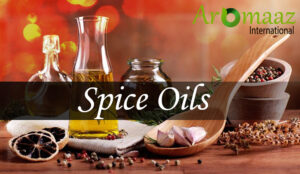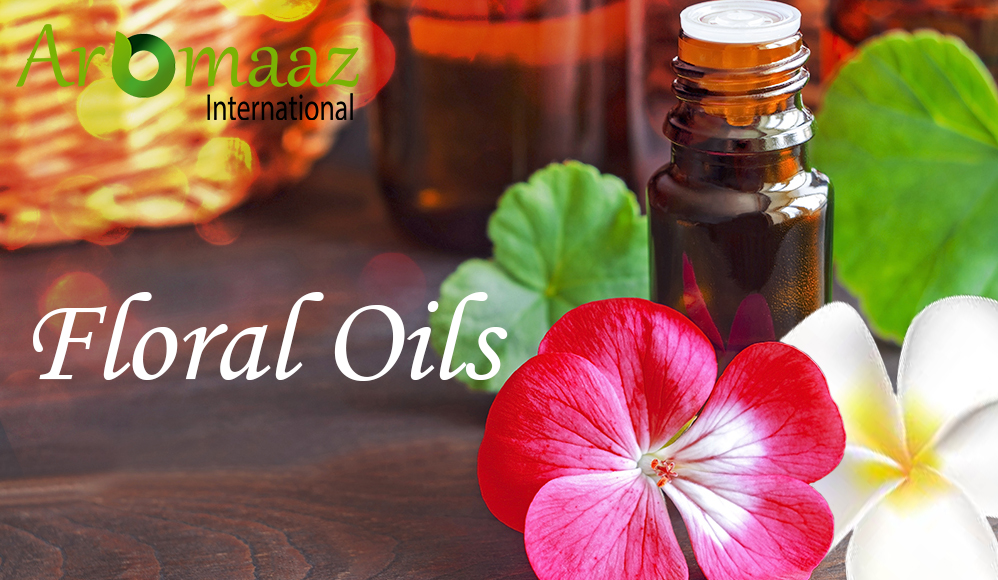The manufacturers deploy different methods to extract fragrant liquids from multiple botanicals. They typically use steam and hydro distillation to obtain oils from spices, flowers, leaves, stems, roots, and resins, and they get hydrosol as a by-product. They extract oil from fruit rinds by the cold-press method.
However, the manufacturers also employ solvent extraction methods to obtain oils spending on the plant parts. They provide macerated oils that are a combination of plant parts and carrier oils.
Floral Oils and Their Extraction
Some plant parts are so delicate that they cannot withstand the process of distillation or cold-press, and they do not yield quality aromatic liquid sufficiently. Therefore, the floral absolute oil manufacturers add suitable solvents to the botanical material (particularly delicate flowers) and extract absolute oils darker and thicker than essential oils.
The manufacturers extract oil from roses by both the methods- steam distillation and solvent extraction. However, they employ solvent extraction to extract absolute oils from the flowers such as lily, lotus, jasmine, calendula, frangipani, hyacinth, tuberose, and other flowers.
The commonly used solvents are hexane, ethanol, methanol, carbon dioxide, and petroleum ether. The choice of solvent depends on the raw material. However, lavender, helichrysum, davana, ginger lily, orange blossom, and ylang-ylang floral oils are the essential oils obtained by steam distillation.
As tropical regions have rich flora, there has been a substantial presence of floral absolute oils suppliers in India, being a tropical region. European countries such as Bulgaria and France produce roses in abundance, so there is a concentration of rose essential and floral absolute oils wholesale suppliers.
The perfume makers extensively use floral absolute oils to create premium fragrances. They search for proper floral absolute oil suppliers.

Spice Oils and Their Derivation
The essential oil manufacturers derive most spice oils such as black pepper, clove, cinnamon, allspice, nutmeg, cumin seeds, cardamom, maze, and others by steam distillation. The spice essential oils derived in such a way carry the essence of the parent plant part and emit a respective scent. They also get cardamon floral water, clove hydrosols, and others during the process. The spice oil suppliers provide spice oils and hydrosols wholesale in India and abroad.
The manufacturers also extract oleoresins by solvent extraction. Oleoresins are typically darker and thicker than spice oils as they are a mixture of oil and resins derived from spices.
Hydrosols and Their Extraction
During distillation, the process results in two separate liquids – essential oil and floral water/hydrosol. Hydrosols are also known as hydrolats. Orange blossoms, chamomile, cucumber, rose, witch hazel, holy basil, peppermint, sage, and nutmeg hydrosols are the most sought-after hydrosols among users. They are fragrant plant distillates used for flavor (beverage), fragrance (diffuser, body mists, antiperspirants, spray), and wellness (wound cleaning, skin toning) purposes.
India is home to multiple plants and flowers because of the tropical climate and diverse soil. Ginger, aniseed, khus, vetiver, lemongrass, mogra, and fennel seeds hydrosols are unique plant waters. The users obtain these hydrosols wholesale from India.


